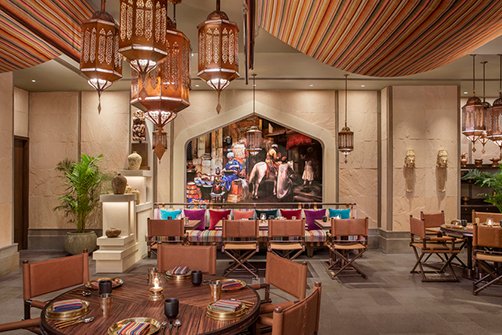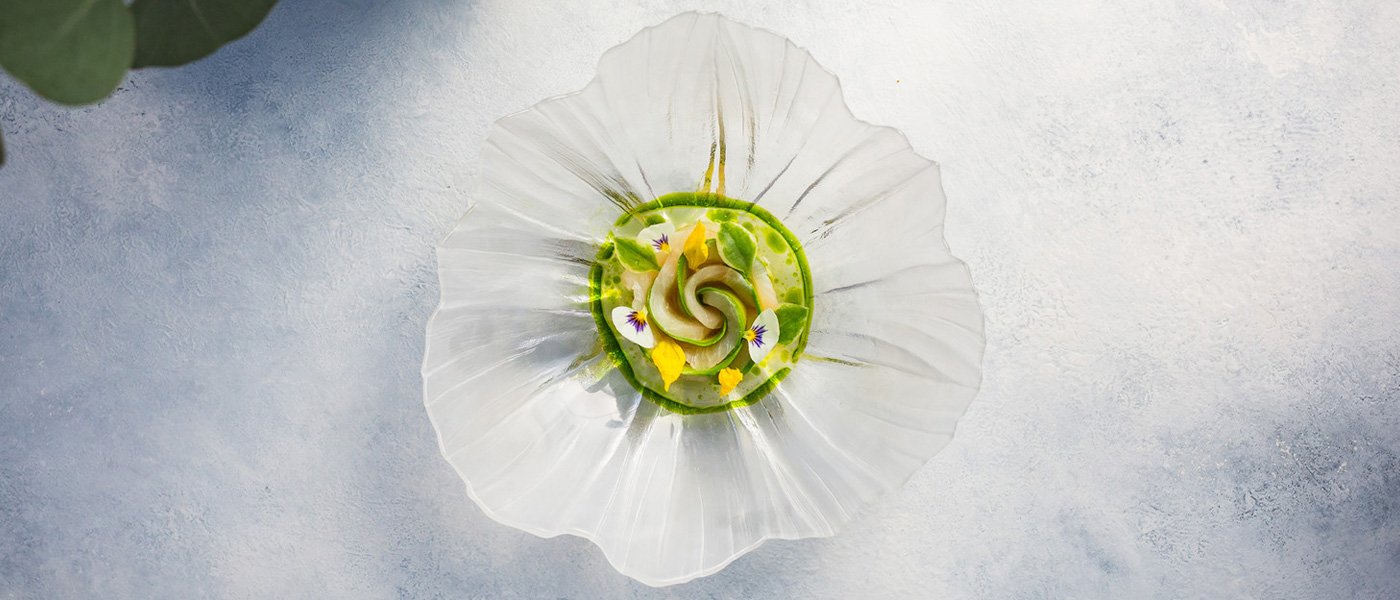Despite the global travel ban and instructions to stay home, there are plenty of ways to get a taste of the world, and a bit tipsy in the process, without having to leave your living room. From the Caribbean to South Korea, enjoy a global pub-crawl with these alcoholic drinks from around the world.
Ouzo
Ouzo is considered the national drink of Greece. It is made from grape must (the remnants of wine-making) and flavoured primarily with anise, which gives it a distinctive liquorice taste. The most famous ouzo comes from the island of Lesvos and from Tyrnavos in Thessaly. It’s best served chilled, with or without ice, though many add water, which releases the essential oils from the aniseed, turning the drink cloudy and heightening the aromas.Greeks enjoy consuming it in the late afternoon or early evening accompanied by traditional meze or other small plates of food.
Sake
Made from fermented rice, sake is a traditional alcoholic beverage in Japan that has gained worldwide popularity thanks to the global spread of Japanese cuisine. Similarly to white wine, sake can be characterised from dry to sweet and from delicate to robust. However, unlike beer and wine, sake can be enjoyed at a wide range of temperatures. The appropriate temperature for serving depends on the type of sake you’re drinking. It is typically poured from a tall bottle called a tokkuri and drunk from an Ochoko, a small porcelain cup.
Rum
From Jamaica to Barbados and Cuba, the Caribbean is home to some of the world’s most popular rums. Distilled from fermented sugarcane by-products, rum is available in a variety of forms, including light, gold, dark, spiced, and premium rums.Just like whiskey, rum’s flavour profile evolves over time when matured in wood. In the Caribbean, rum shacks are social gathering spots where everyone goes to enjoy their favourite tipple. You can order yourself a rum and Coke from the tiny bar and talk to the locals about everything from local politics to tourism.
Fernet
Fernet is a brand of amaro, or bitter herbal liqueur, which was invented by Bernardino Branca in Milan, Italy. However, it has become so popular in Argentina (where they consume more than 75% of all Fernet produced globally) that it is the only country to have it’s own distillery outside of Italy. Fernet owes its unconventional taste to a top-secret recipe that involves about 40 different herbs including saffron, rhubarb, cardamom, and gentian root. In Argentina it is typically mixed with Coca-Cola and served in a tall glass over ice.
Ginja
Ginja is a sweet cherry liqueur that originated in Lisbon, Portugal, and is produced by infusing ginja berries, a sour type of cherry also known as Morello cherries, in alcohol and adding sugar together with other ingredients. It is served neat with the choice of either an alcohol-laden cherry or not. Older generations were particularly fond of ginja as they believed it was a wonder cure for all manner of illnesses, and as a result, this love of the drink has been passed down to younger generations.
Soju
Soju is a clear, colourless distilled spirit that is incredibly popular in South Korea, and is made from a blend of rice and other grains.However, between the 1960s and 90s, when rice was in short supply, other starches, such as sweet potato, were used. There are strict social rules for drinking soju including never drinking from the bottle and making sure you always use both hands when pouring or receiving a glass. The first shot of soju is usually downed in one go, but it’s acceptable to sip afterwards. Koreans are also big fans of somaek, a cocktail made with soju and beer, and fruit flavoured soju.
Tequila
Tequila is a distilled spirit made from the blue agave plant, and by law must be made in Mexico. It can be enjoyed neat, together with sangrita (a traditional spicy juice mixture that’s sipped alongside a shot of tequila), or mixed with other beverages to create cocktails such as a margarita.Tequila usually falls into one of five categories: Blanco (silver), joven (gold), reposado (aged), añejo (extra aged), and extra añejo (ultra-aged) and like whiskey, it improves with age. In Mexico, tequila is synonymous with celebration, pride and complicity between friends. ◼

